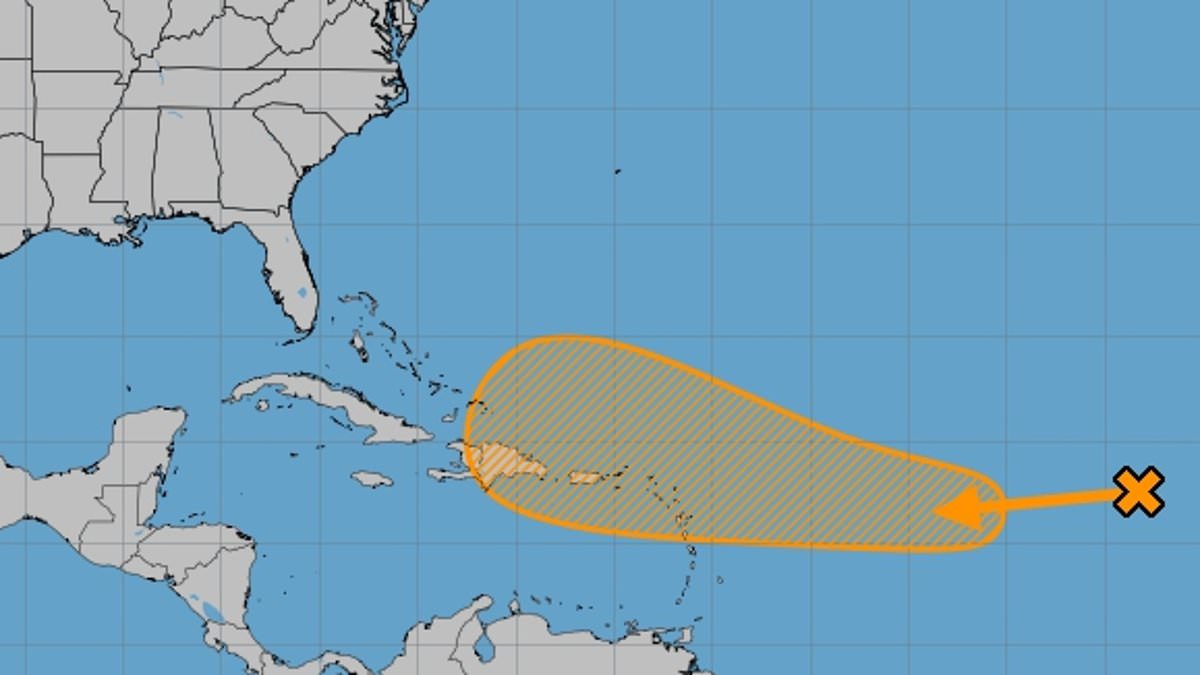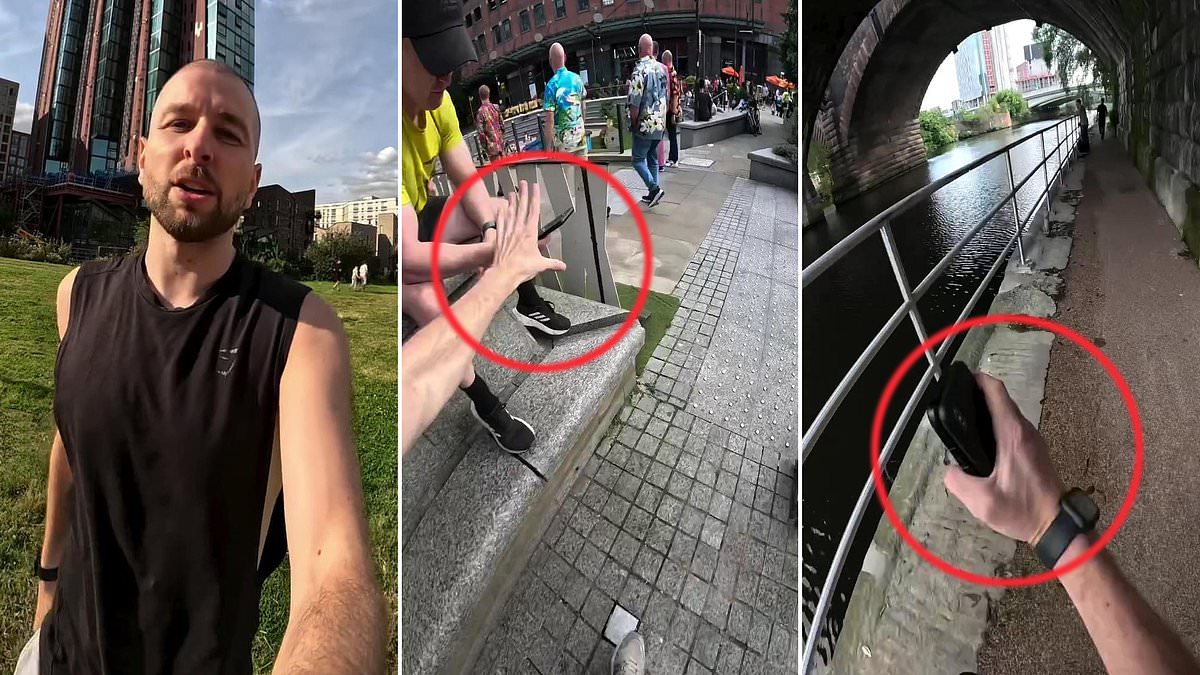By Ashley Nickel For Daily Mail Australia
Published: | Updated:
Thousands of golf ball-sized pieces of black debris strewn across two beaches have been identified as ‘tar balls’.
Randwick City Council explained the balls, which appeared on Sydney’s Coogee Beach and Gordons Bay Beach on Tuesday and Wednesday respectively, are a ‘hydrocarbon based pollutant’.
Both beaches were closed following the discovery of the balls and remain closed amid ongoing cleanup efforts.
Randwick Council staff are being assisted by the NSW Environmental Protection Authority, Ports Authority and Transport for NSW.
‘Our community is rightfully very protective of our natural environment and this has been a very concerning incident,’ Randwick Mayor Dylan Parker said.
‘Our priority as a local council is to keep people safe and protect as far as possible our coastal and marine environment.
‘We have engaged an expert occupational hygienist and a specialist waste removal contractor who are currently systematically removing the debris from the beaches in accordance with an agreed safe work method statement developed with the NSW EPA.
‘This process will likely continue tomorrow.’

Mysterious black balls (one pictured) found on Coogee Beach and Gordans Bay Beach have been identified as tar balls

Randwick City Council explained the balls are a ‘hydrocarbon based pollutant’

Tar balls are formed when oil comes into contact with debris and water and don’t typically pose a significant risk to beachgoers

Randwick Council staff are being assisted by the NSW Environmental Protection Authority, Ports Authority and Transport for NSW in the cleanup effort
Tar balls are formed when oil comes into contact with debris and water.
They are typically seen following oil spill or seepage incidents.
While the balls usually don’t pose a significant risk to beachgoers, their sticky texture and harmful properties can spell disaster for local marine life.
Mayor Parker added the council will work with all relevant authorities to find determine the scale and cause of the pollution.
‘I am grateful to the community for their patience and for remaining off the beach,’ he said.
‘I also wish to thank the Council staff, contractors and various NSW Government agency staff who have been working around the clock to respond to this issue.’
Many locals around the eastern suburbs were glad to see the balls identified and hoped to see the beaches clean soon.
‘Very unfortunate! Hope the clean up is a success,’ one wrote.
‘I experienced tar balls in Thailand many years ago. I threw away my swimming suit and flip flops. It can’t be washed. Can’t imagine how the sea animals will be. Look at what our humanity has done,’ another said.
More to come.

Randwick Mayor Dylan Parker assured Sydneysiders the council is working to clean the beaches

Tar balls are formed when oil comes into contact with debris and water

Both beaches were closed following the discovery of the balls and remain closed amid ongoing cleanup efforts

Mayor Parker said the council will work with all relevant authorities to find determine the scale and cause of the pollution
Share or comment on this article:
Mysterious black balls that washed up on one of Australia’s most iconic beaches are finally identified










